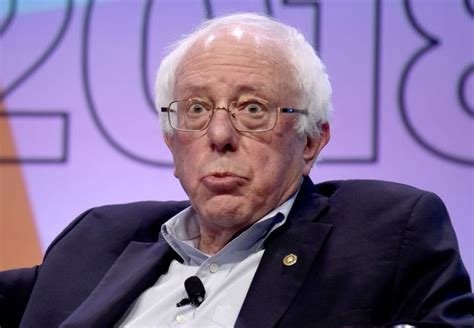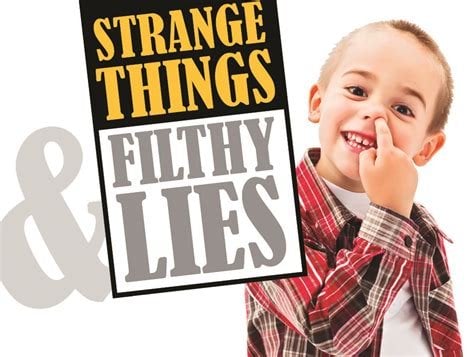@
jackjjackson I have, and i can't really find a definitive statement, but we all know that increasing taxes increases government revenue.
We can all cherry pick parts of the message that supports ur theories, how about this:
"What Additional Effects Will Be Reflected in CBO's Next Economic Forecast?
The short-term economic forecast we are publishing next month will reflect the effects of increases in tariffs on U.S. imports implemented between January 6 and August 19. The forecast will also reflect the effects of changes in tariffs on U.S. exports made by other countries.
We estimate that the changes in tariffs, both by the United States and its trading partners, will reduce the size of the U.S. economy. That reduction in output reflects both negative and positive effects: the negative effects of higher tariffs through channels such as reduced investment and productivity, and the positive effects of additional revenues from tariffs on U.S. imports, which would reduce federal borrowing and increase the funds available for private investment.
The increases in tariffs will make consumer goods and capital goods (the physical assets that businesses use to produce goods and services) more expensive, which will reduce the purchasing power of U.S. consumers and businesses. Those increases in costs will put temporary upward pressure on inflation. (emphasis mine)
Our short-term economic forecast will also reflect the interactions between the changes in tariffs and other changes, including those stemming from provisions of the 2025 reconciliation act. Then, our next 10-year economic forecast and budget baseline will fully reflect the economic and budgetary effects of changes implemented through legislative and administrative actions.









